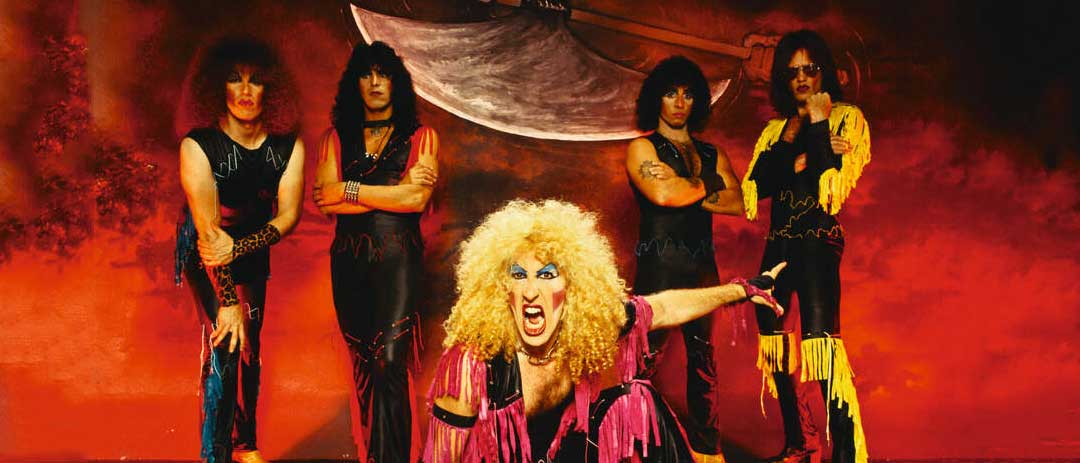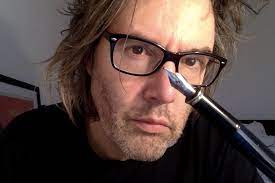You can trust Louder
I blame myself. I was one of those stumbling up and down Sunset Strip and the murkier parts of Manhattan – before it became the millionaire’s island (© Chris Robinson) it is now – looking like I dressed in the dark and giving credence to bands who should probably never have made it out of the garage, let alone onto a major label. Those were, as people are wont to say, different times.
This three-disc set makes a pretty good fist of capturing those turbulent years. I had a ringside seat as the world turned from bands like Mötley Crüe and cast its gaze towards the new breed of bands spearheaded by artists like Mother Love Bone. Drugs would wreak havoc on both those bands, but that was about all they had in common, even if both weren’t above applying eyeliner when it came to stage time.
Sleeve notes aside, the essays here read like Wikipedia filtered through ChatGPT, and capture little of the excitement of that era; there’s little wrong with the curation as we go from Twisted Sister all the way through to XYZ. It’s quite the ride, like crashing your car into a railway bridge is a ride.
To the compilers’ credit, it’s not just the familiar names – Skid Row, Faster Pussycat, Cinderella – included here. They’ve gone through the crates to find the bands who probably haunted the shadows on films like The Decline Of Western Civilization Part II, the truly awful Leatherwolf (still a touring entity, apparently, and once signed to Island Records – good to see all that Bob Marley money going to a good home), the deathly Lillian Axe (picked up by MCA, still ruining club gigs for paying customers all across the US) and L.A. Guns (PolyGram, new album Leopard Skin available now, though not through PolyGram) and their live favourite, the hideous Sex Action, on which Phil Lewis’s caterwauling is enough to spook a dog three counties away.
Of course, it’s easy to throw stones – and fun too – although there were glimmers of promise among the music of the era, such as Junkyard and the excellent Hollywood, and Warrior Soul’s Trippin’ On Ecstasy. But for every ounce of invention, there’s always a band like Tuff, waiting to become landfill.
Philip Wilding is a novelist, journalist, scriptwriter, biographer and radio producer. As a young journalist he criss-crossed most of the United States with bands like Motley Crue, Kiss and Poison (think the Almost Famous movie but with more hairspray). More latterly, he’s sat down to chat with bands like the slightly more erudite Manic Street Preachers, Afghan Whigs, Rush and Marillion.



